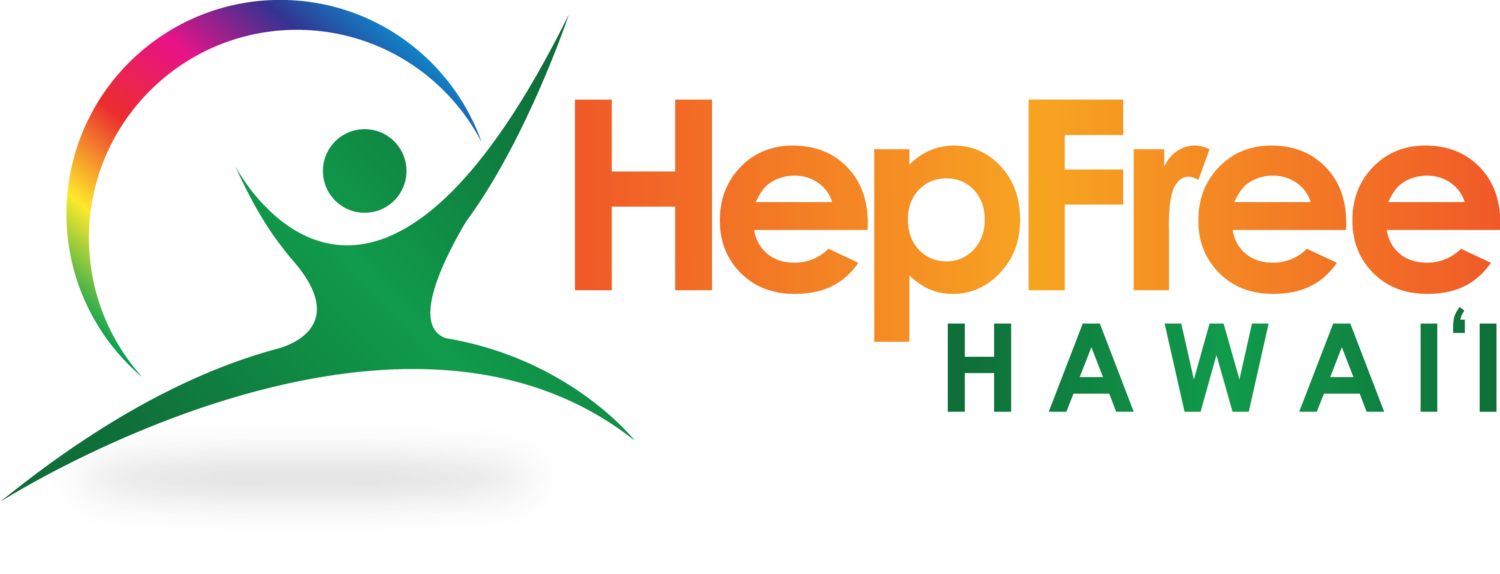Street Medicine and Harm Reduction: Meeting People Where They're At
“Please join the National Association of County and City Officials (NACCHO) on Tuesday, July 30th, at 3pm EDT/12pm PDT for a webinar and discussion Street Medicine and Harm Reduction: Meeting People Where They're At. Three programs providing street medicine and harm reduction services- Seattle & King County Public Health in WA, Baltimore City Health Department in MD, and Meharry Medical College in Nashville, TN - will present on their programs, their challenges and successes, and field questions to support understanding of street medicine and how LHDs can support and provide services meeting the needs of those made most vulnerable to overdose, infection disease and chronic conditions.
Overdose deaths among people who are unhoused or experiencing housing instability has seen a sharp increase in cities across the country and is a leading cause of death among unhoused people nationwide. Unhoused people who inject drugs are more vulnerable than other drug users to HIV and HCV infections and less likely to be able to access diagnostic or treatment services.
Street Medicine is a medical practice that seeks to reach people who are unhoused where they are and provide care to those who may face substantial barriers and stigma when attempting to access healthcare in typical settings. Many street medicine programs operate from a harm reduction lens, providing non-judgmental and non-coercive care, built on mutual trust and autonomy of individuals to make health choices that are important to them. More and more, street medicine programs are offering harm reduction services such as sterile syringes, wound care, naloxone and overdose education, as well as Medication for Opioid Use Disorder.
Local Health Departments are well-positioned to provide, and partner with, street medicine programs to provide a range of services, including vaccinations, HIV and STI testing and care, wound care, naloxone training, harm reduction supplies, and PrEP.”
